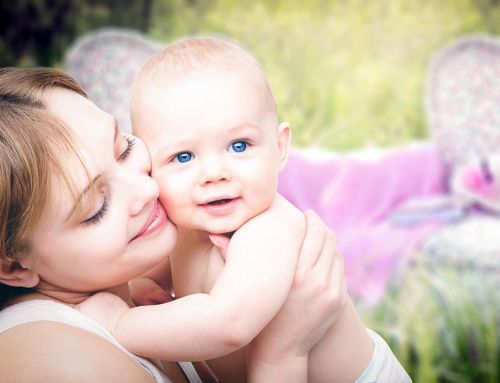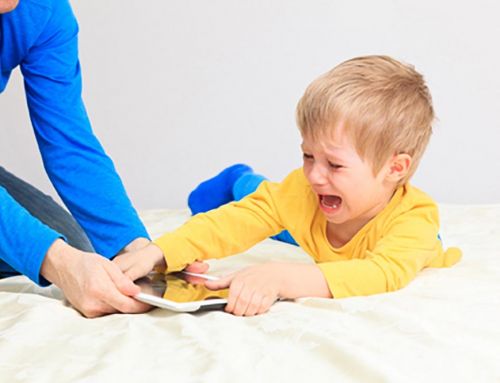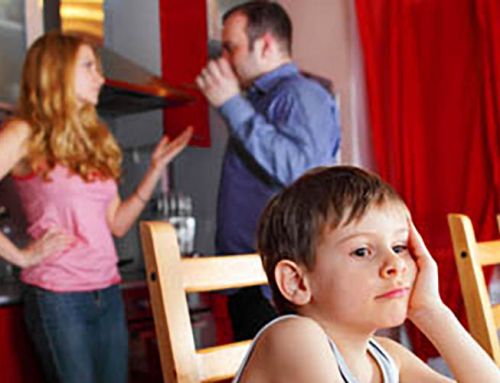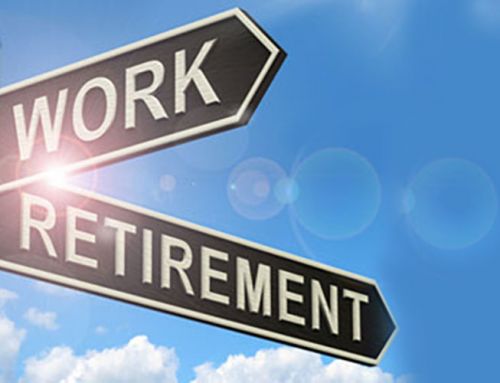Do you think your adolescent is suffering from depression?
• The World Health Organisation has predicted that by 2030 depression will be the number one disability to affect society (ABS).
• Depression increases the risk of suicide and suicide is now the third most common cause of death in young Australians between the ages of 16-24 (ABS).
• Depression is defined as; an emotion or mood state that arises from a feeling of helplessness, individual failure and a drop in self esteem and sense of self-worth.
Although the awareness of depression in young people has grown significantly in the last decade, depression is not always identified as early signs are often confused with normal adolescent emotional turmoil. It is common for adolescents to feel that life is a challenge and to experience high and low moods accompanied by bouts of irritability and irrational outbursts of emotion. Depression has a wide range of emotional, physical, behavioral and cognitive symptoms that last for more than two weeks and interfere with a young person’s ability to function.
Emotional signs include;
sadness, hopelessness, tearfulness, loss of pleasure, feelings of guilt and worthlessness, lack of motivation and enthusiasm.
Physical symptoms may include;
decrease or increase of appetite, disrupted sleeping patterns, lack of energy, restlessness, anxiety, unexplained aches and pains and poor motivation.
Behavioral changes such as;
disinterest in appearance or participation in school, self harm, promiscuity, avoidance of interaction with family and friends, irritability and outbursts of anger.
Cognitive signs such as;
poor concentration, inability to make decisions, negative sense of self and body image and thoughts of self harm or suicide.
A young person who exhibits several of these symptoms or behaviors that impact on their ability to function may have an existing or emerging depressive disorder.
CALL a TLC Counsellor today for more information.






